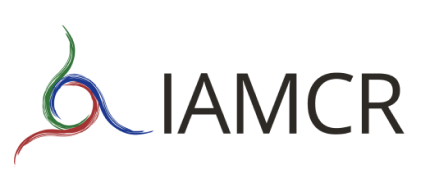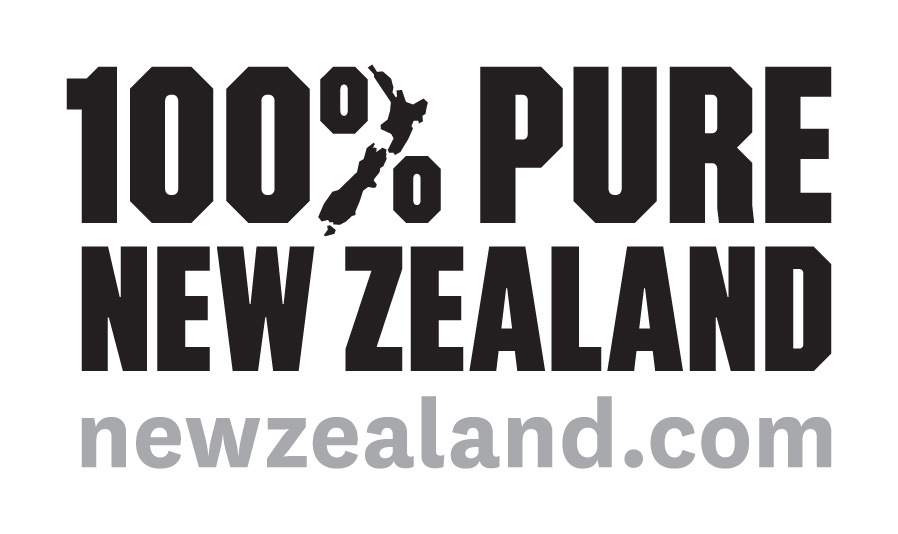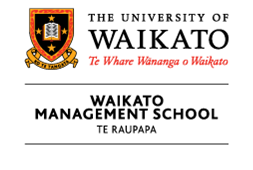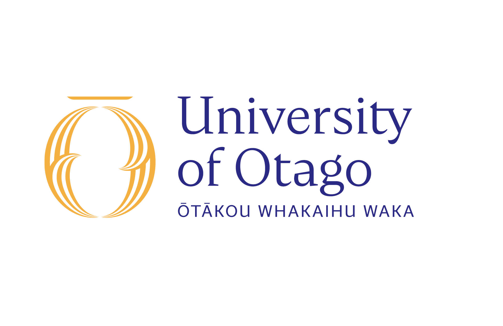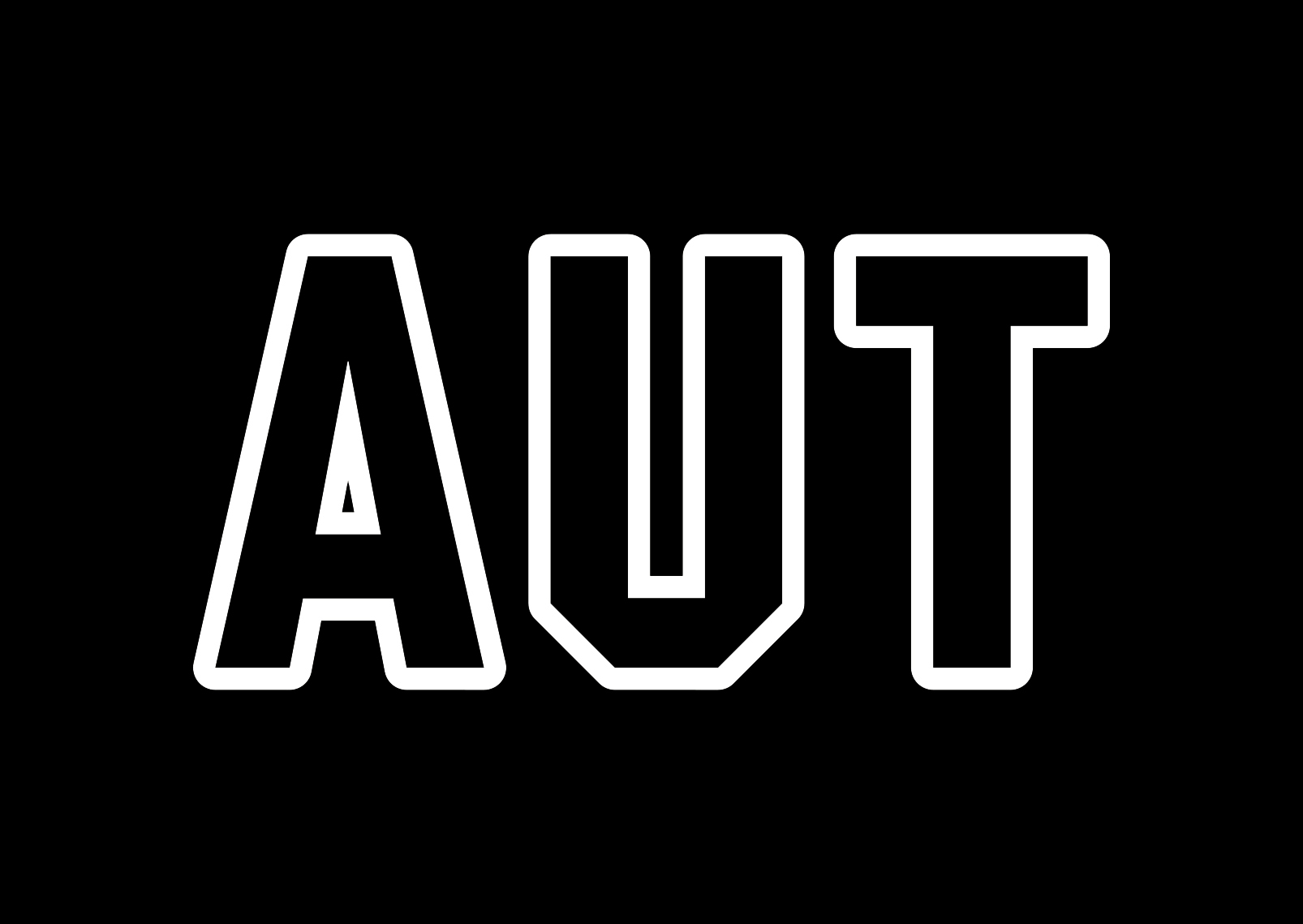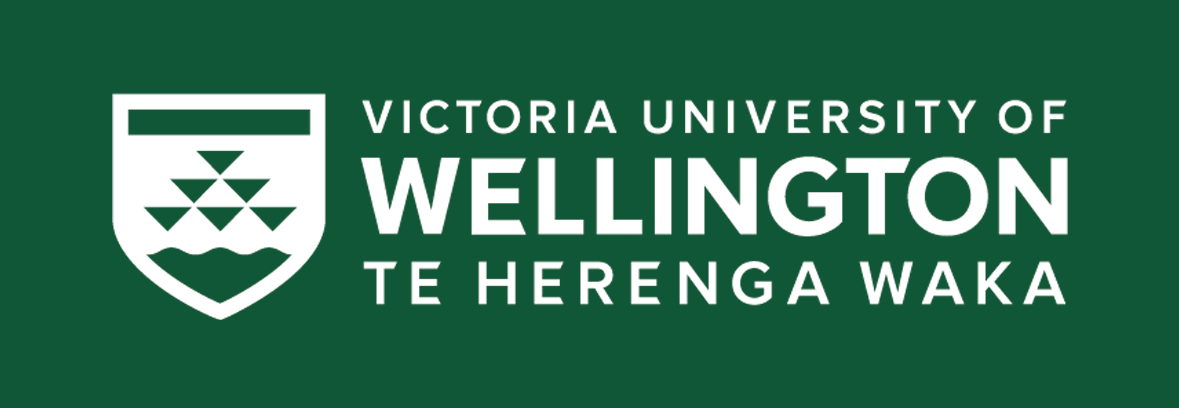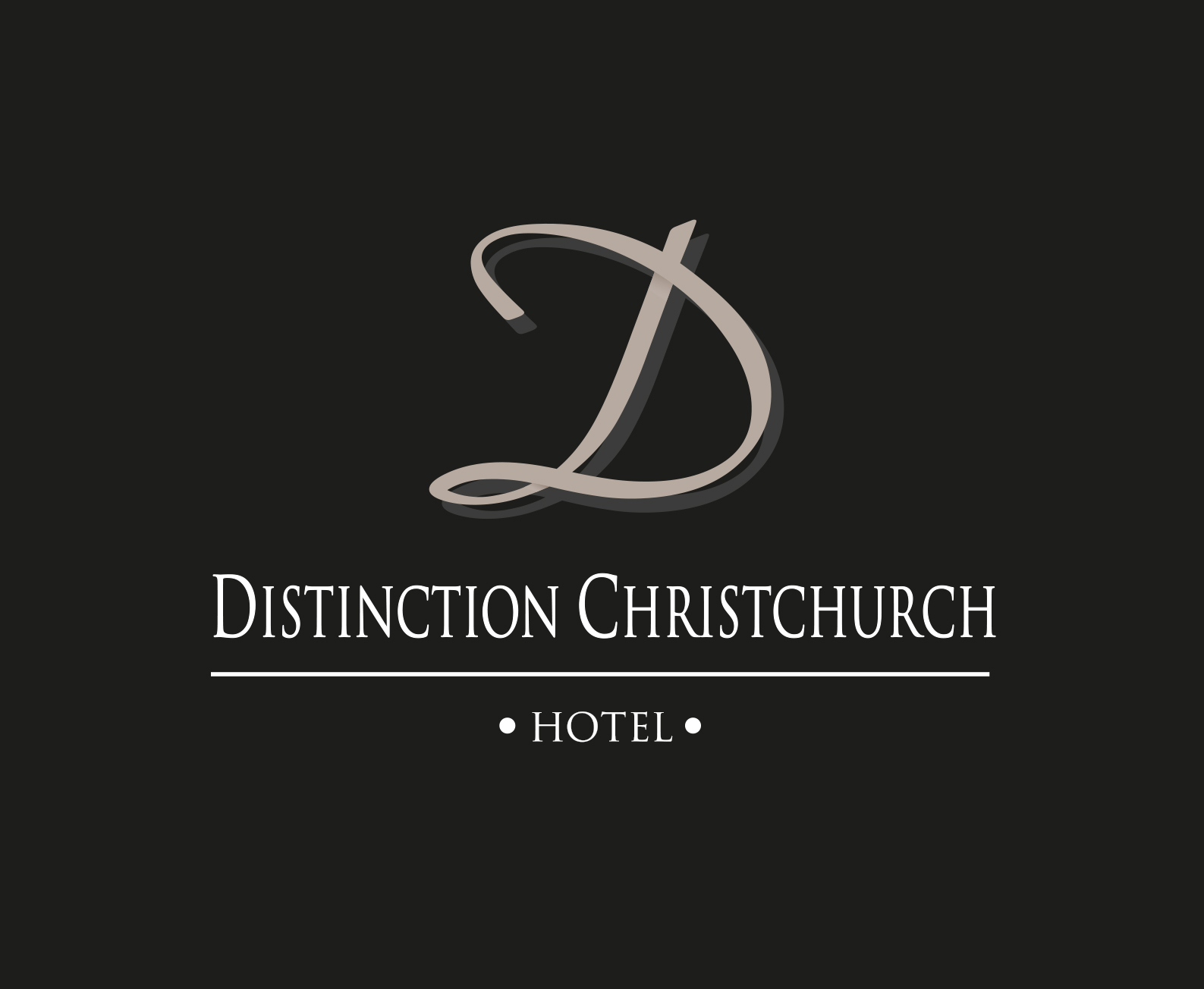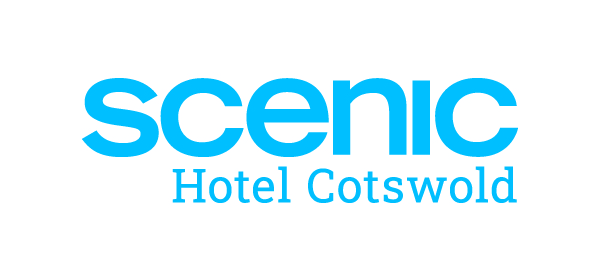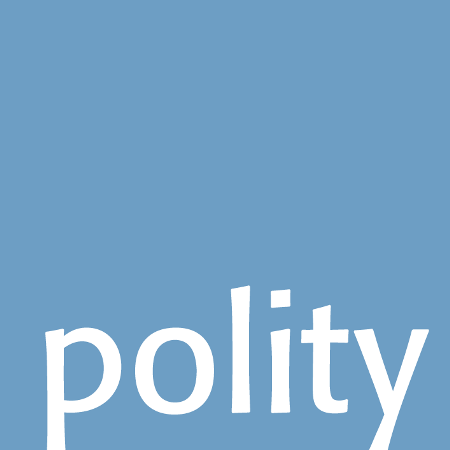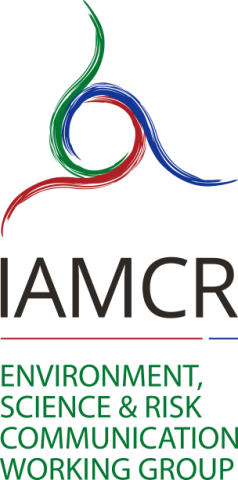
The Environment, Science & Risk Communication (ESR) Working Group of the International Association for Media and Communication Research (IAMCR) invites the submission of proposals for papers and panels for IAMCR 2024, which will be held in Christchurch, New Zealand, from 30 June to 4 July 2024.
The deadline for submission is 7 February 2024, at 23h59 UTC.
See the CfPs of all sections and working groups
Theme
IAMCR conferences address many diverse topics defined by our 33 thematic sections and working groups. We also propose a single central theme to be explored throughout the conference with the aim of generating and exploring multiple perspectives. This is accomplished through plenary and special sessions, as well as in some of the sessions of the sections and working groups.
The central theme for 2024 focuses on "Whiria te tāngata / Weaving people together: Communicative projects of decolonising, engaging, and listening" - which draws upon a Maori proverb about the strength that comes through common purpose. The whakataukī highlights multiple issues that our conference hosts invite participants to explore:
- It invites analysis of commonality in mediated communication, given the weaker power of place-based mass media, the rise of algorithmic culture, the challenges of engaging with difference in multicultural contexts and the crises facing neoliberal globalisation.
- The use of a Māori proverb also invites particular attention to analysis of indigenous communication and other attempts to challenge or rework colonial structures.
- More broadly, the theme invites reflection on the terms and models appropriate to describe contemporary communication, including the political and moral goals embedded in them. It therefore also points to alternative ways of theorising or evaluating communication alongside dominant imaginaries such as the public, and of the colonial and gendered histories that are part of those imaginaries.
- Weaving emphasises the agency of the communicator and directs attention to the valuing of communication as a project or skill, whether that is focused on social change, community or economic gain.
- Weaving also reminds us of the goal of a conference to build common purpose amongst participants.
The Environment, Science and Risk Communication Working Group welcomes the opportunity to consider the impacts of colonisation on our scholarship and disciplines and to prioritise and amplify the global experiences of Indigenous peoples and communities. We look forward to meaningful and respectful discussion with colleagues from all over the world, listening to each other and the ways we have, and could better, decolonise our work. Whether abstracts directly address the central conference theme or not, we ask all our members to consider their own historical, cultural and political context and how colonial hegemony has impacted their projects, work and experiences. How can we, together, work to decolonise environment, science and risk
communication, as a discipline and a practice?
While we welcome papers on the main theme and subthemes for IAMCR Christchurch 2024, papers from the full range of Environment, Science and Risk Communication topics and perspectives are also welcomed.
Key conference themes for ESR WG in 2024 will include:
- Science, media and society in the era of (neo)globalisation
- Science, the environment and climate change in popular culture
- Media, advocacy and local/global environmental change
- Environmental and science activism and new media
- Feminist and postcolonial political ecology
- Smart technologies and everyday life
- Public/political engagement in science and environment communication
- Social and political uses/constructions of science, nature and the environment
- Science/environmental journalism
- Visual environmental communication
- Science and health-related media panics
- Scientific controversies/environmental crises, spin and news management
- Media-communication roles in environmental crises and disasters
- Media and public understanding of science/environment issues
- Indigenous and First Nations environmental communication research
- More-than-human/interspecies communication
Joint sessions
In 2024, the ESR working group will be hosting joint sessions with the Emerging Scholars Network (ESN) and with the Community Communication and Alternative Media Section (CAM).
ESR/ESN - Papers submited to this session should have as a primary author/presenter an individual who identifies as an emerging scholar and relate to one or more of the themes above. If you are interested in this session, see the ESN call for papers and submit your proposal following the procedures outlined there.
ESR/CAM - Abstracts that align with CAM and ESR scholarship will be considered. If you are interested in this session, submit your abstract to either sponsoring unit, identifying the panel in the title of your submission (e.g., Title of Paper - A Submission to the ESR/CAM Joint Session).
Guidelines for abstracts
Abstracts are requested for papers to be presented in person at the conference in Christchurch. Abstracts submitted to the Environment, Science & Risk Communication Working Group should have between 300 and 500 words and must be submitted online here. Abstracts submitted by email will not be accepted.
The deadline to submit abstracts is 7 February 2024, at 23.59 UTC.
It is expected that each person will submit only one (1) abstract. However, under no circumstances should there be more than two (2) abstracts bearing the name of the same author, either individually or as part of any group of authors. The same abstract, or a version with minor variations in title or content, must not be submitted to more than one Section or Working Group. Such submissions will be deemed to be in breach of the conference guidelines and will be rejected by the abstract submission system, by the Head of the Section or Working Group or by the Conference Programme Reviewer. Authors submitting the same work to multiple Sections or Working Groups risk being removed entirely from the conference programme.
Proposals are accepted for both single papers and for panels with several papers (in which you propose multiple papers that address a single theme). Please note that there are special procedures for submitting panel proposals.
See important dates and deadlines to keep in mind
Languages
The ESR Working Group accepts abstracts, panel proposals and full papers in English, Spanish and French.
See resources for IAMCR conference preparation and participation
For further information about IAMCR 2024 Environment, Science & Risk Communication WG, its themes, submissions and panels, please contact:
Kerrie Foxwell-Norton (K.Foxwell@griffith.edu.au), Maitreyee Mishra (maitreyee.mishra@manipal.edu), Joana Diaz-Pont (joana.diaz@uab.cat) or Pieter Maeseele (pieter.maeseele@uantwerpen.be).

